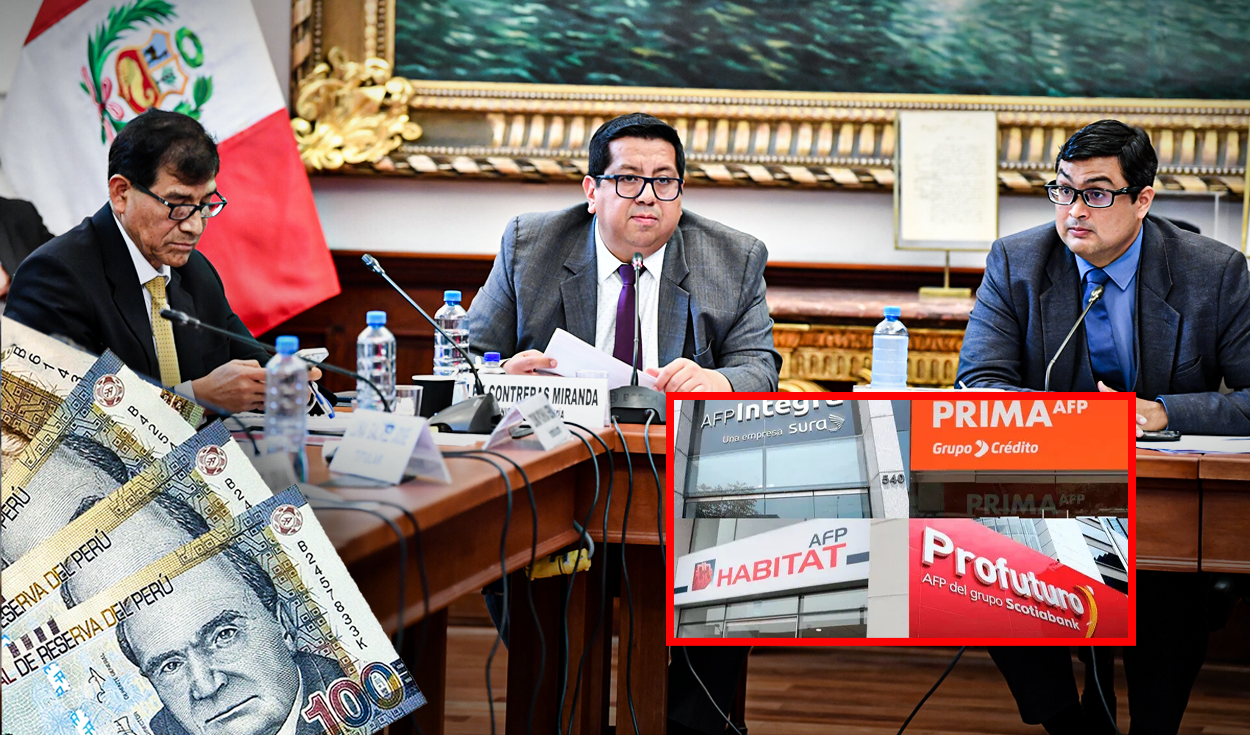
The Executive Branch is close to presenting its proposal to reform the pension system, after 30 years of the private regime of the AFPs and the ONP in the market, in order to include more competitors, reduce commissions, increase the amount received by retirees and include the independent.
Minimum pension of S/600 in the AFP and ONP
As La República reported on previous occasions, a minimum pension of S/600 is targeted for members of the AFP and ONP to help those older adults who “are still working because their pension is zero,” according to the head of the MEF, Alex Contreras.
It is worth adding that in the public system the minimum pension is S/500 and in the AFPs, it depends on the years of contributions and is even usually four times less than what governs in ONP.
Investment banks and insurance companies will be able to manage your retirement money
Contreras Miranda added that the bill they will send to Congress contemplates new competitors in the pension market, apart from the municipal and rural funds announced in advance: Insurance companies and investment banks may serve as administrators of the contributions “with the objective of reducing commissions.”
This initiative responds to what was worked on in the previous legislature, where congressmen sought to expand the universe of bidders to break the hegemony of the AFPs, whose fund profitability fell in recent years and only in July of this year did they return to the positive range—although their profits were never affected.
No more withdrawals
The minister Alex Contreras assured that for every S/1,000 withdrawn early from the AFPs, in practice S/18,000 is lost for retirementand therefore questions and calls “disproportionate” the initiatives that seek the withdrawal of up to 4 UIT from individual funds (S/19,800).
“Almost 1.3 million members over 50 years of age will be at risk of being left without pensions,” he stated.
The official is in favor of withdrawals in the AFP as long as they reach a limited group, for example, those who stopped contributing because they are unemployed.
Contribution from independents
Both independent and informal workers, whether they work for the State or companies that provide services such as locators, consultants or similar, will depend on their income to make contributions towards their retirement.
Source: Larepublica
Alia is a professional author and journalist, working at 247 news agency. She writes on various topics from economy news to general interest pieces, providing readers with relevant and informative content. With years of experience, she brings a unique perspective and in-depth analysis to her work.











